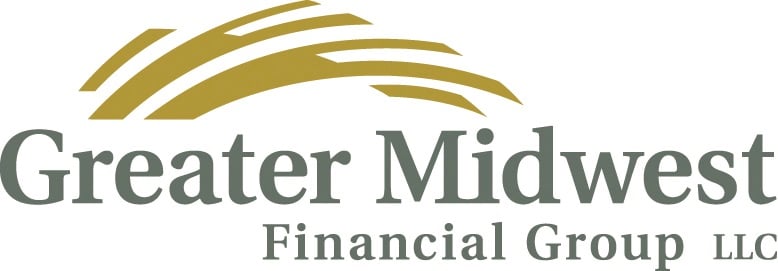
There are a few options for investing. Is passive investing the right strategy to reach your long-term financial goals?
Learn more about active vs. passive approaches to wealth management.
What is Passive Investing?
Passive Investing is a long-term wealth management strategy whereby investors buy and hold a diversified portfolio of stocks, bonds, and other securities, rather than make frequent trades. The idea is to build asset value based on the overall financial index performance, instead of short-term or day-to-day trade results.
Unlike active investment, which involves frequent buying and selling of securities to outperform the market, passive investment is designed to track the performance of a particular index or benchmark over time.
Passive Investment and Wealth Management
Though closely related concepts, passive investment is just one investment option within an overarching wealth management strategy, which includes the strategic management of your financial assets to achieve your financial goals. It encompasses a range of services including investment management, financial planning, benefit planning, and tax and estate planning.
⇾ Read Now: What are Some of the Benefits of Working with a Financial Advisor?
Pros and Cons of a Passive Investment Strategy
There are pros and cons to any investment strategy, depending on your financial goals. While there is some element of inevitable risk with any strategy, a passive strategy carries less risk and is meant for long-term asset management.
Pros of this Investment Strategy:
Lower Fees: Passive investing typically involves investing in index funds or exchange-traded funds (ETFs) that track the performance of a market index. These funds often have lower fees compared to actively managed funds.
Diversification: Passive investing allows you to easily diversify your portfolio across a wide range of stocks and sectors, which can help reduce risk and volatility. This is because index funds typically hold many stocks, providing exposure to different segments of the market.
Time Management: Passive investments require less maintenance and monitoring compared to actively managed funds, which can be time-consuming and stressful. With passive investing, your investments to grow over time with less daily management.
What are the Cons?
Limited Potential for Surpassed Results: While passive investing can be a great option for those looking for long-term growth, it may not provide the potential for outperformance that active investing can. This is because you're investing in the overall market performance, rather than trying to beat daily market factors.
Limited Control: When you invest passively, you're essentially investing in the overall market and giving up control over individual stock picks. This means that you may miss out on potential gains if a particular stock or sector is performing well, but not included in the index you're tracking.
Passive investing is a wealth management strategy that has been gaining popularity, offering investors the opportunity to generate returns by simply tracking the performance of a benchmark index.
If you are looking for a simplified wealth management strategy, passive investing can be a valuable tool. By investing in a diversified portfolio of low-cost index funds, investors can reduce their risk and potentially earn competitive returns over the long term. If you are interested in exploring passive investing as part of your investment strategy, we encourage you to contact us to learn more.
⇾ Read Now: Which is Better Asset Management or Wealth Management?
Wealth Management with Greater Midwest Financial Group
With almost 70 years of experience combined, our wealth advisors understand what it takes to make the most of the money you make.
Your personal wealth advisor has the experience to help maximize your assets and build your wealth in a stable and diversified way. We’ll work closely with you to understand your risk tolerance and income needs.
Then we’ll capitalize on your resources to help meet your savings goals and enjoy a safe, secure future.
You can depend on GMFG to offer the best advice for your situation, to maximize your investments and return.
Greater Midwest Financial Group is a financial advisory firm serving St. Paul, Minneapolis, and the wider Twin Cities area. We specialize in wealth management, retirement planning, asset management, and other personal finance needs.
References:
https://www.businessinsider.com/personal-finance/passive-investing



